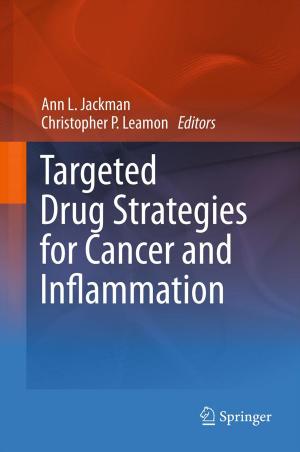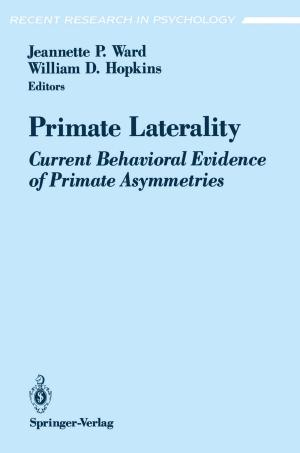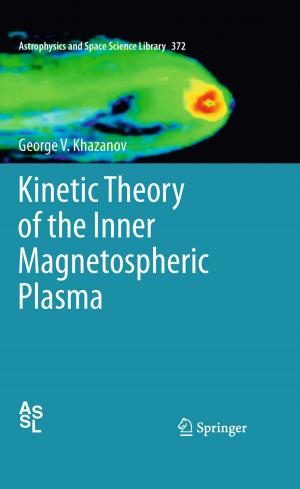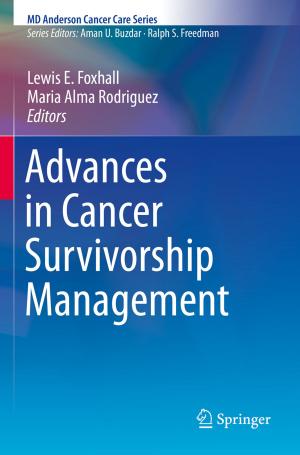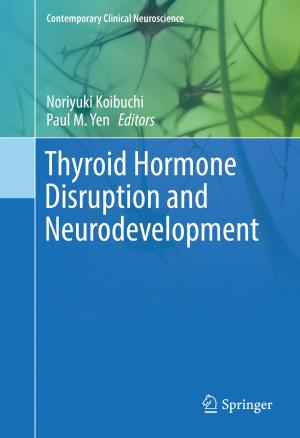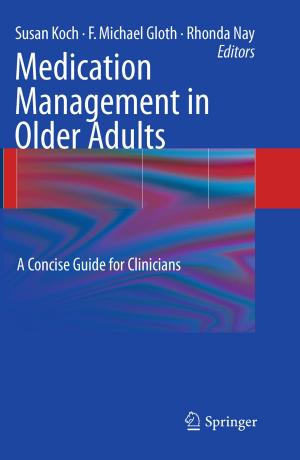Alcohol Use Disorders and the Lung
A Clinical and Pathophysiological Approach
Nonfiction, Health & Well Being, Medical, Specialties, Pulmonary & Thoracic, Critical Care| Author: | ISBN: | 9781461488330 | |
| Publisher: | Springer New York | Publication: | October 19, 2013 |
| Imprint: | Humana | Language: | English |
| Author: | |
| ISBN: | 9781461488330 |
| Publisher: | Springer New York |
| Publication: | October 19, 2013 |
| Imprint: | Humana |
| Language: | English |
Alcohol Use Disorders and the Lung: A Clinical and Pathophysiological Approach is an excellent resource for clinicians who care for individuals affected by alcohol use disorders in diverse settings. Although alcohol abuse alone does not cause acute lung injury, it renders the lung susceptible to dysfunction in response to the inflammatory stresses of sepsis, trauma, and other clinical conditions recognized to cause acute lung injury. In parallel, these same pathophysiological effects of alcohol abuse significantly increase the risk of a wide range of serious lung infections. Many clinicians involved in the primary treatment of alcohol use disorders, such as addiction psychiatrists, will find this text of interest as it will expand their understanding of the health consequences of alcohol use disorders. In parallel, clinicians who specialize in pulmonary and/or critical care medicine will have a unique resource that provides a comprehensive review of the pathophysiology of alcohol-related lung disorders and insights into evolving therapeutic options in these vulnerable individuals. Alcohol Use Disorders and the Lung: A Clinical and Pathophysiological Approach fills a gap in the literature and presents the evolving clinical research that may soon lead to novel therapies that can improve lung health in individuals with alcohol use disorders and co-existing conditions such as HIV infection.
Alcohol Use Disorders and the Lung: A Clinical and Pathophysiological Approach is an excellent resource for clinicians who care for individuals affected by alcohol use disorders in diverse settings. Although alcohol abuse alone does not cause acute lung injury, it renders the lung susceptible to dysfunction in response to the inflammatory stresses of sepsis, trauma, and other clinical conditions recognized to cause acute lung injury. In parallel, these same pathophysiological effects of alcohol abuse significantly increase the risk of a wide range of serious lung infections. Many clinicians involved in the primary treatment of alcohol use disorders, such as addiction psychiatrists, will find this text of interest as it will expand their understanding of the health consequences of alcohol use disorders. In parallel, clinicians who specialize in pulmonary and/or critical care medicine will have a unique resource that provides a comprehensive review of the pathophysiology of alcohol-related lung disorders and insights into evolving therapeutic options in these vulnerable individuals. Alcohol Use Disorders and the Lung: A Clinical and Pathophysiological Approach fills a gap in the literature and presents the evolving clinical research that may soon lead to novel therapies that can improve lung health in individuals with alcohol use disorders and co-existing conditions such as HIV infection.


